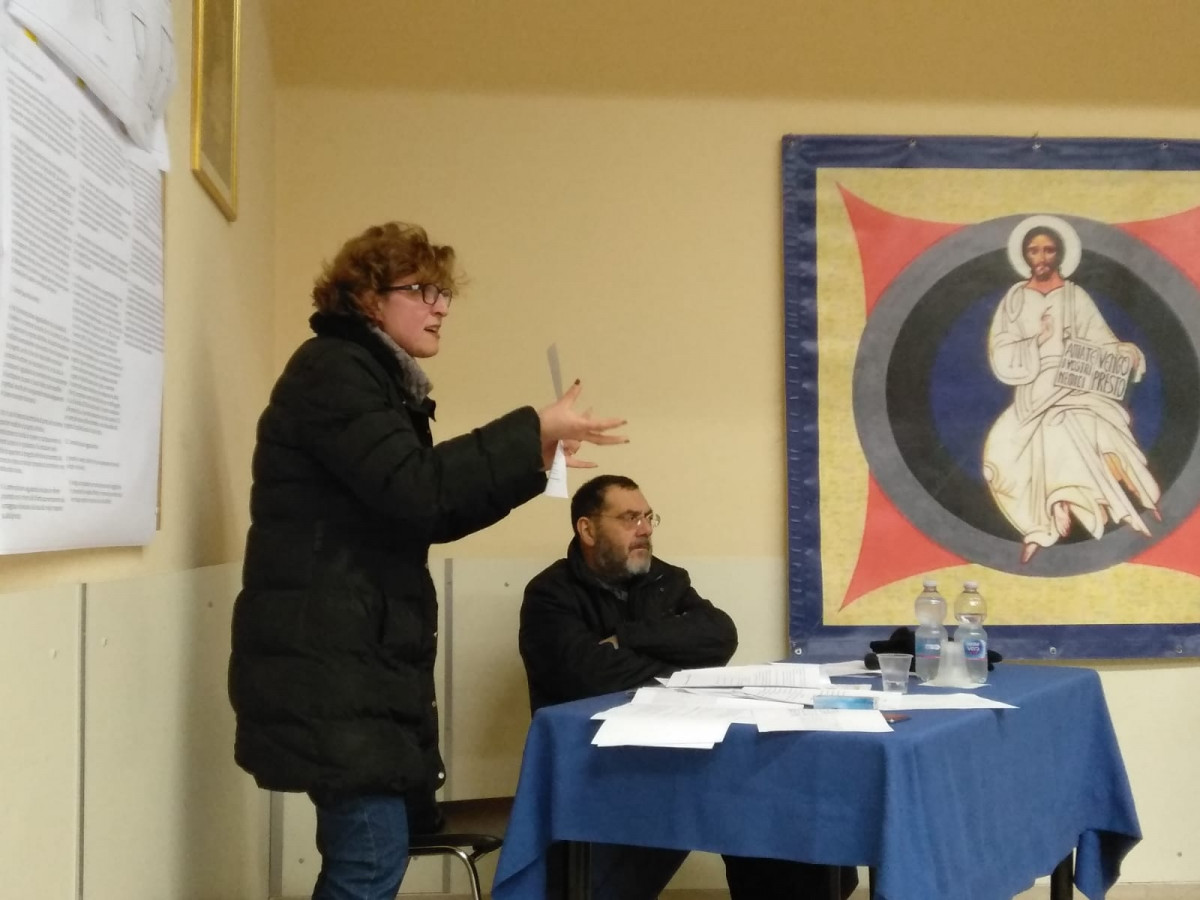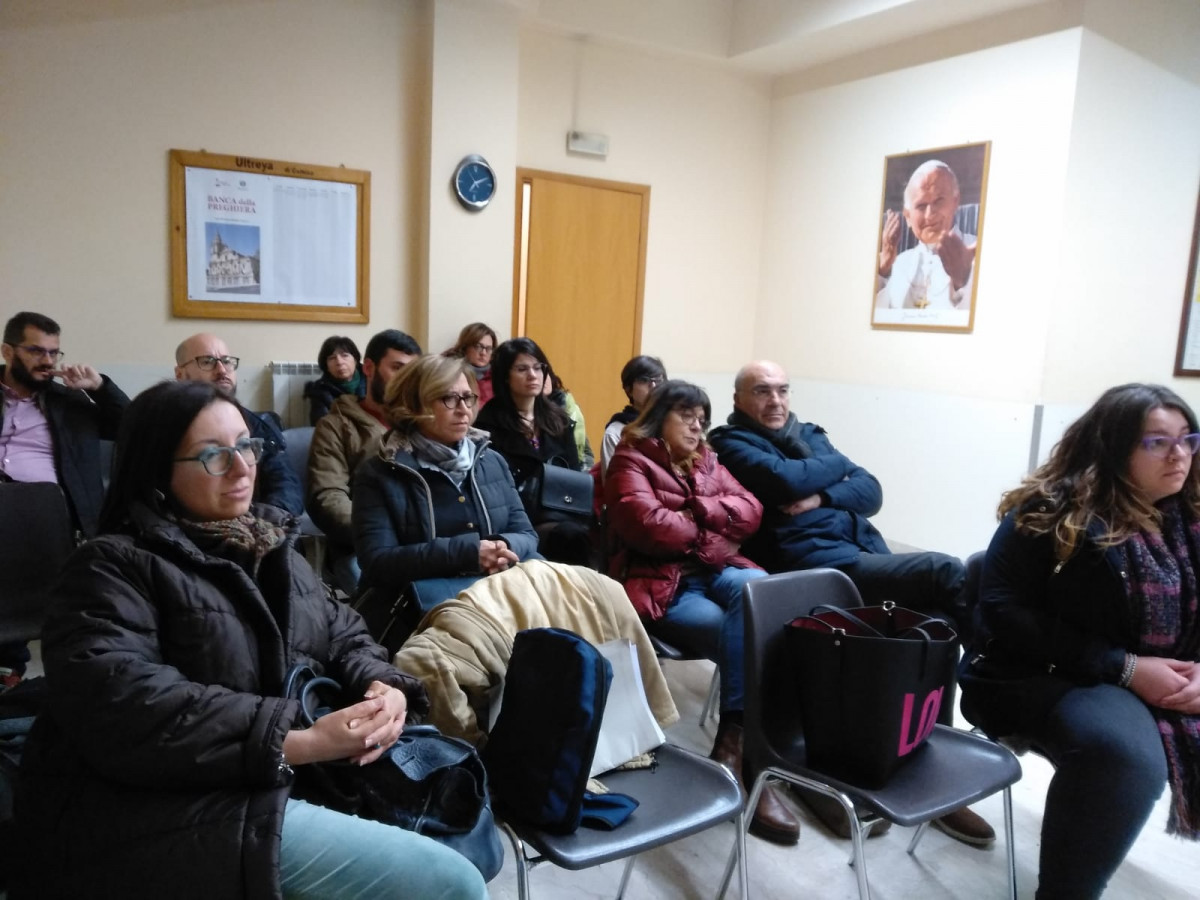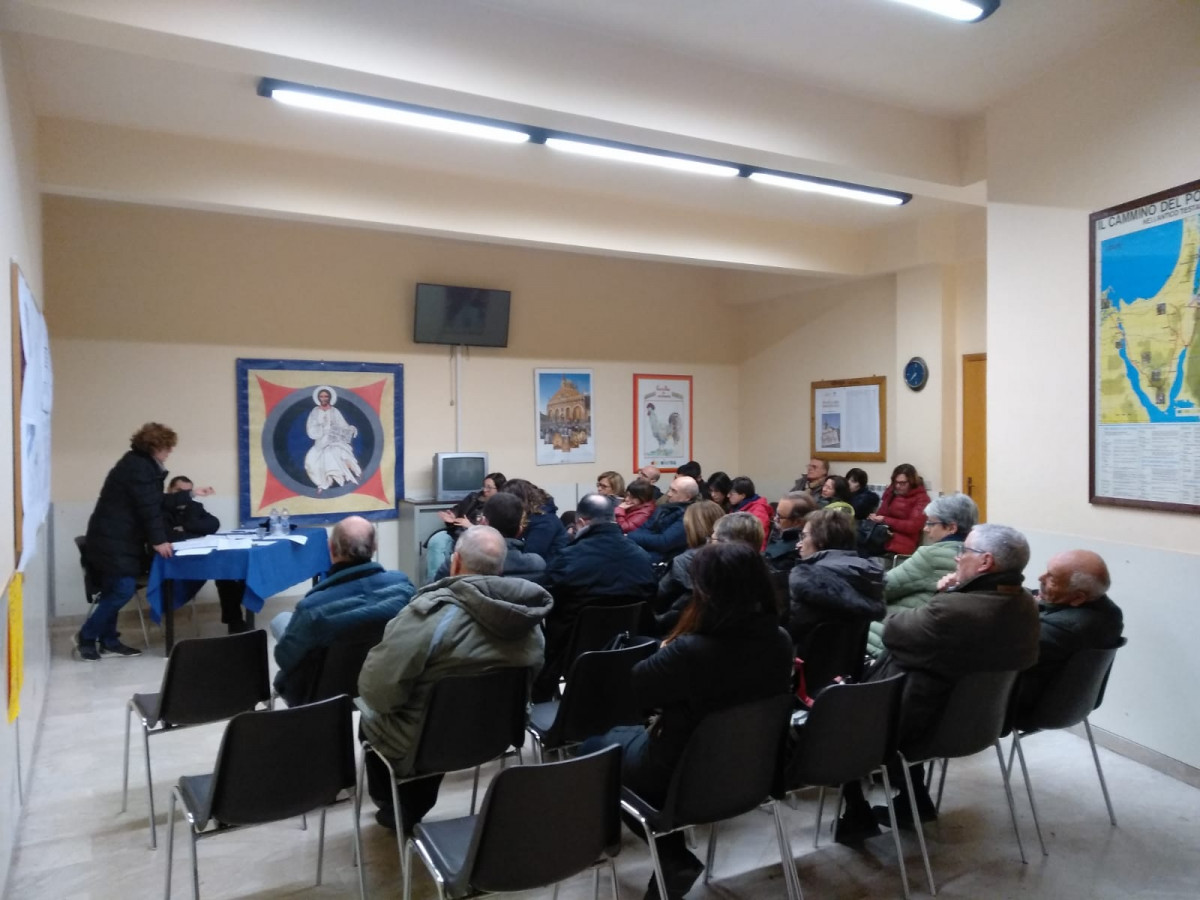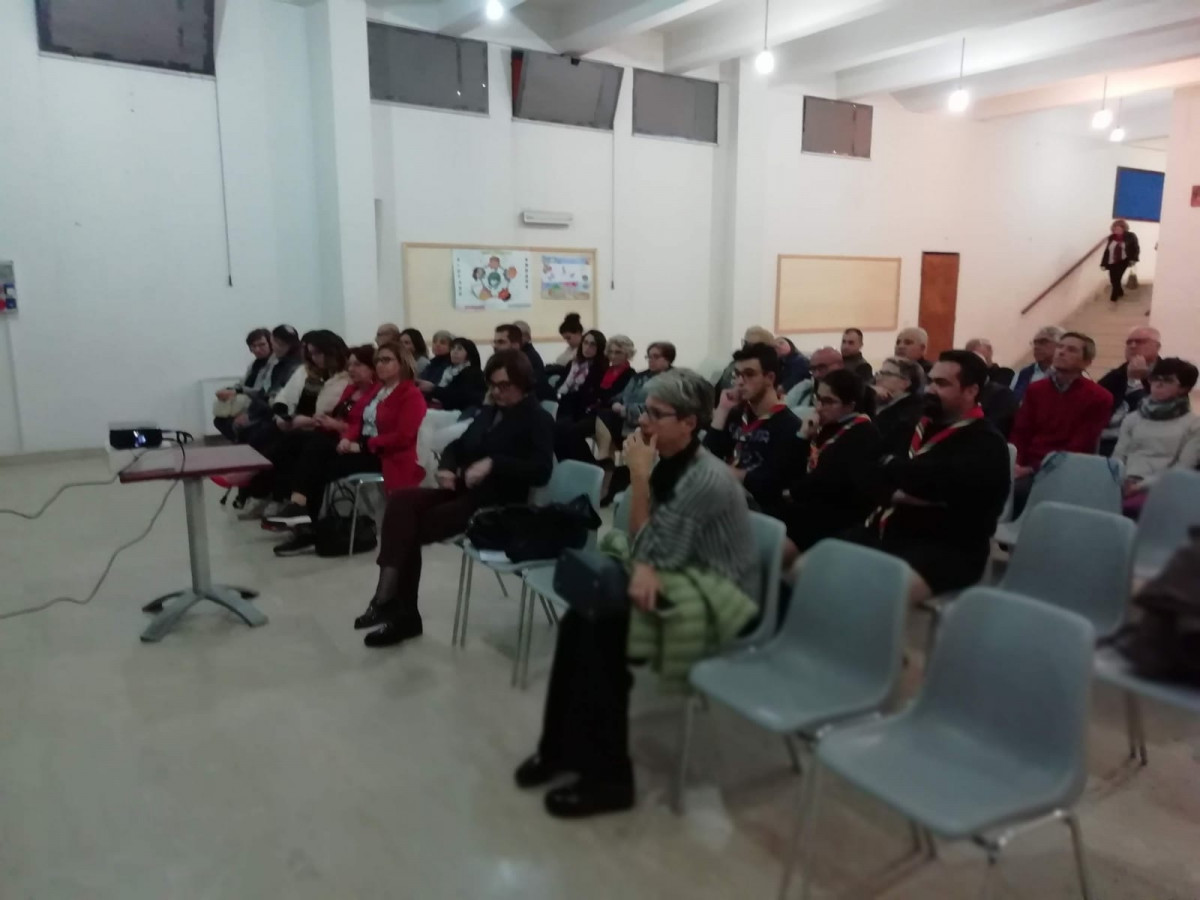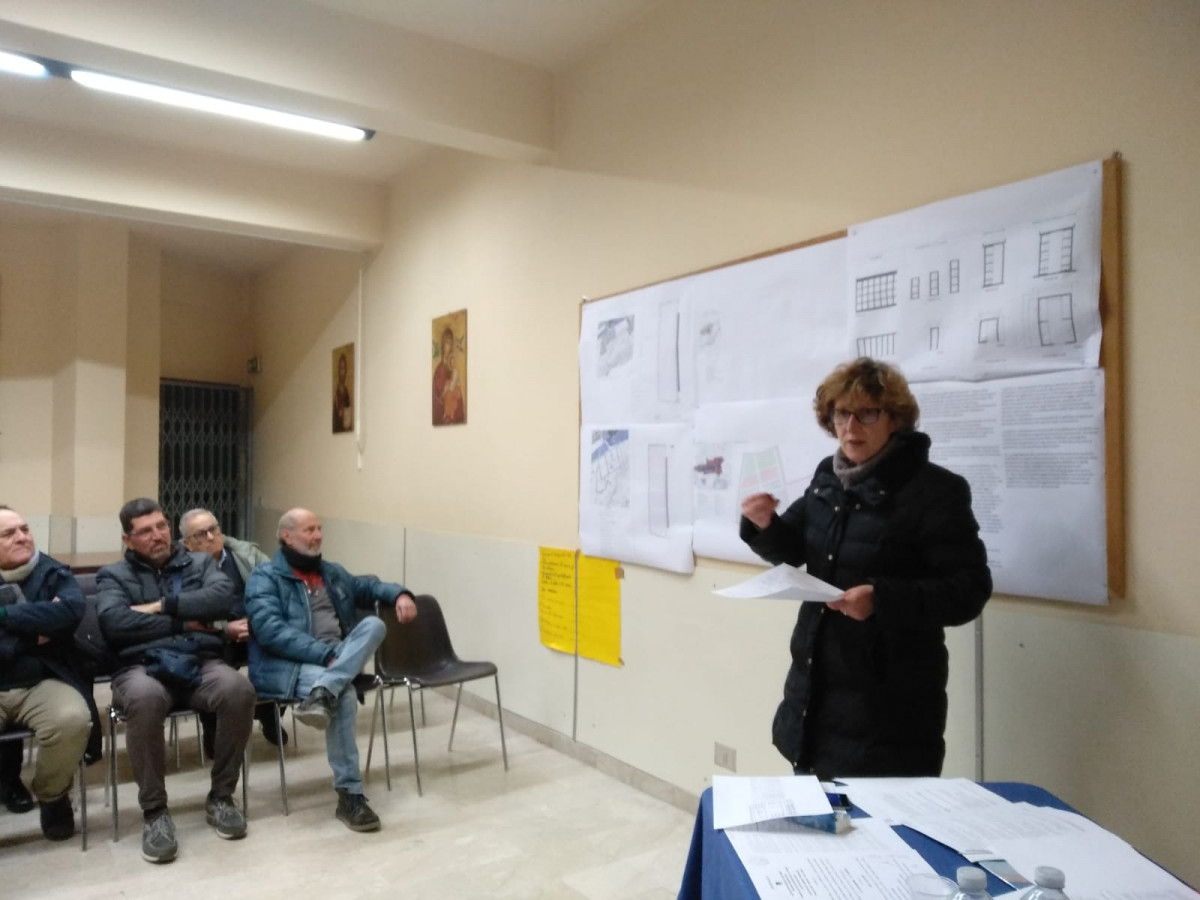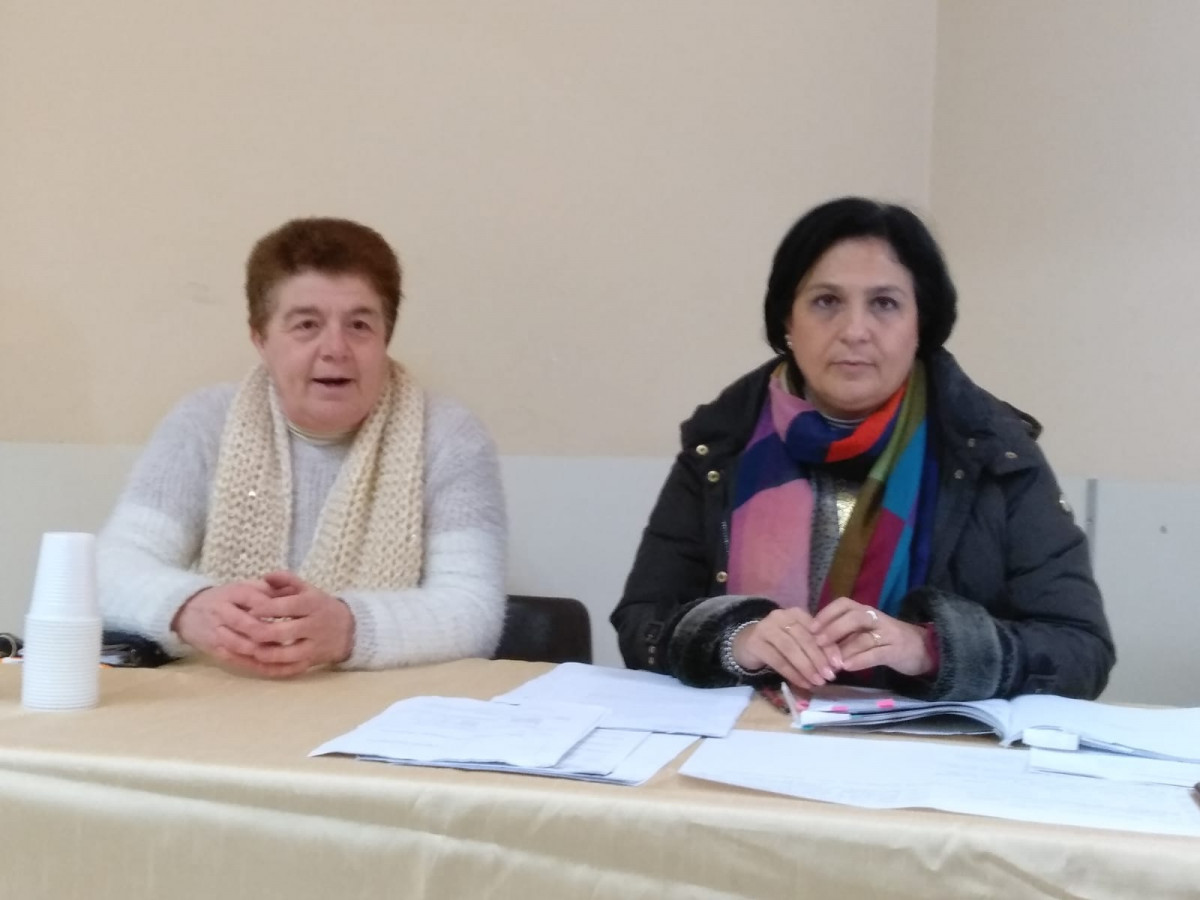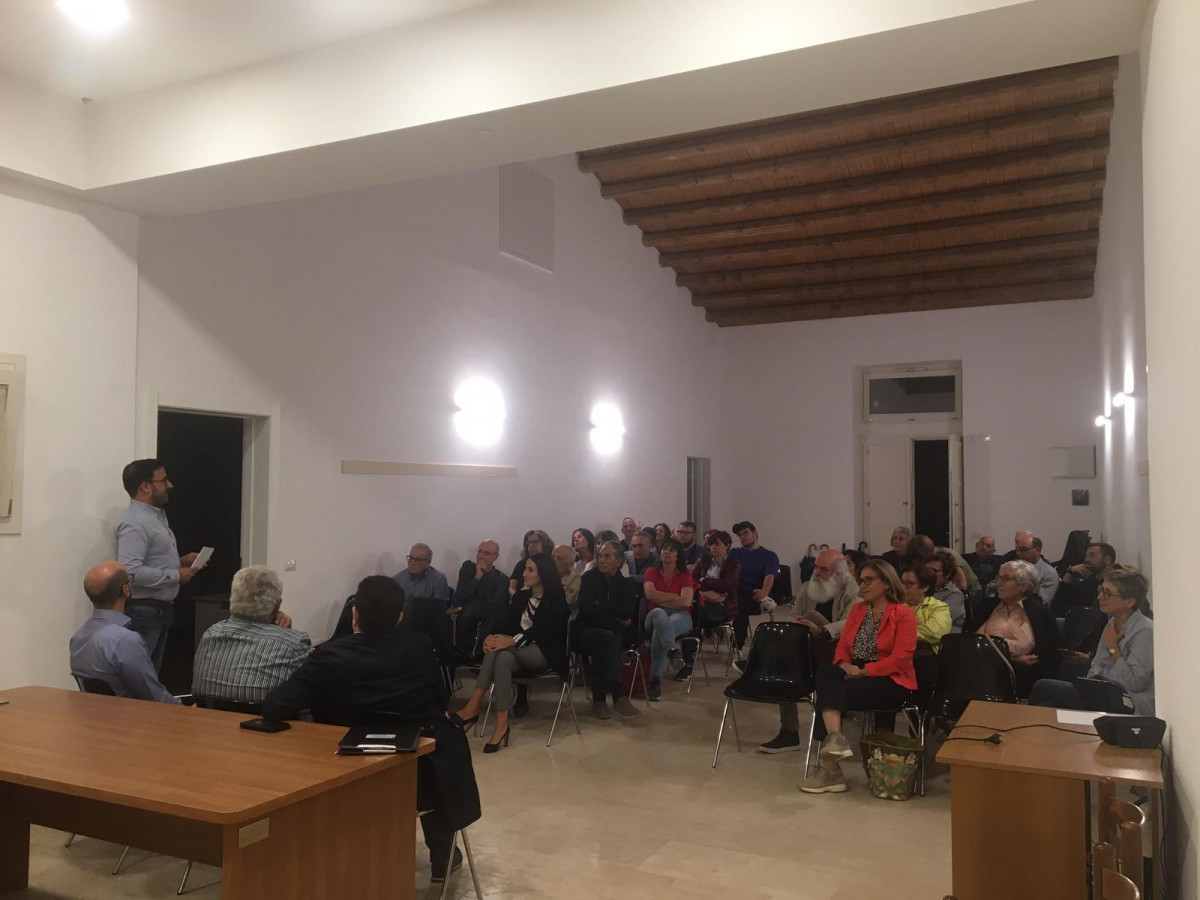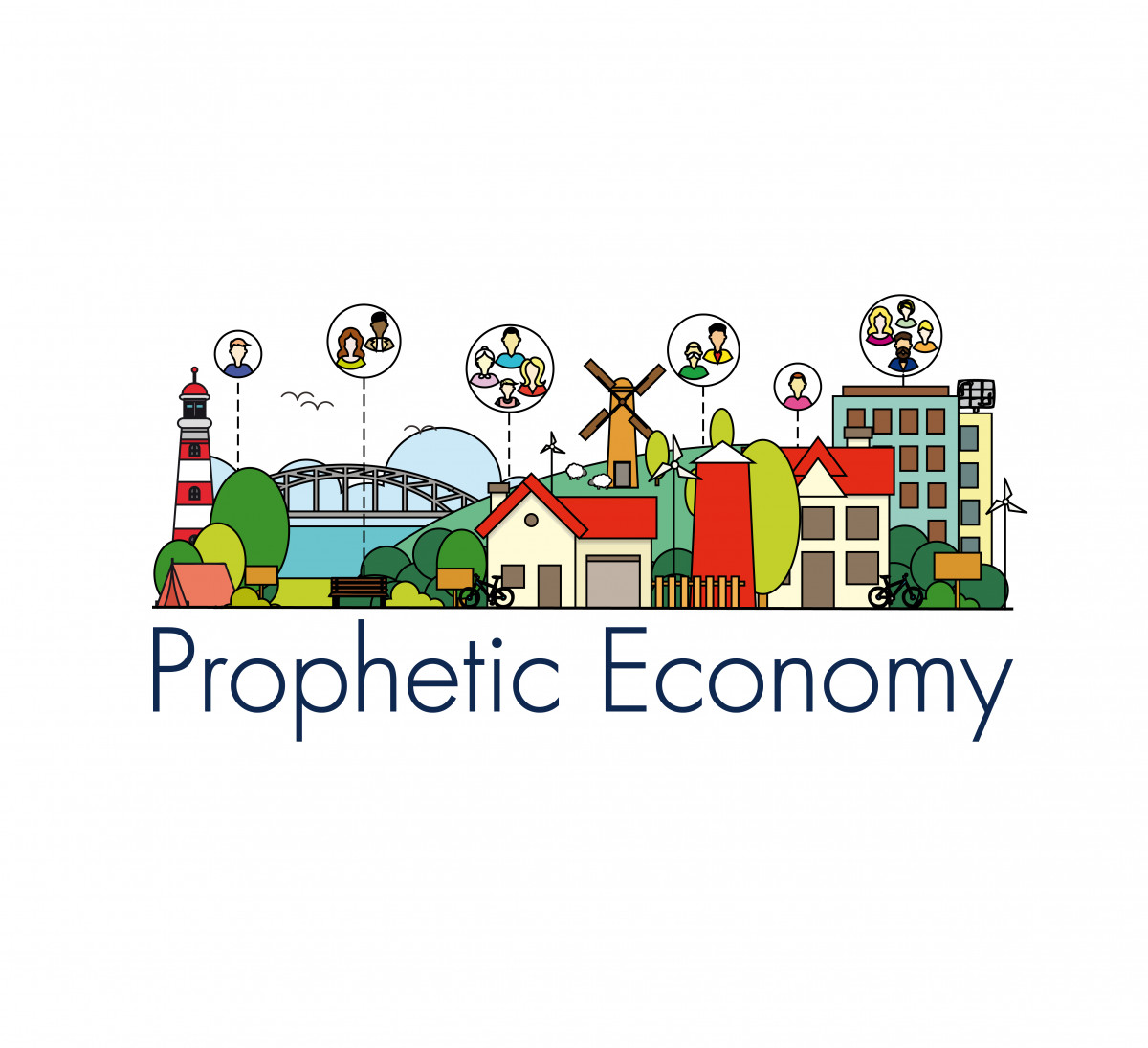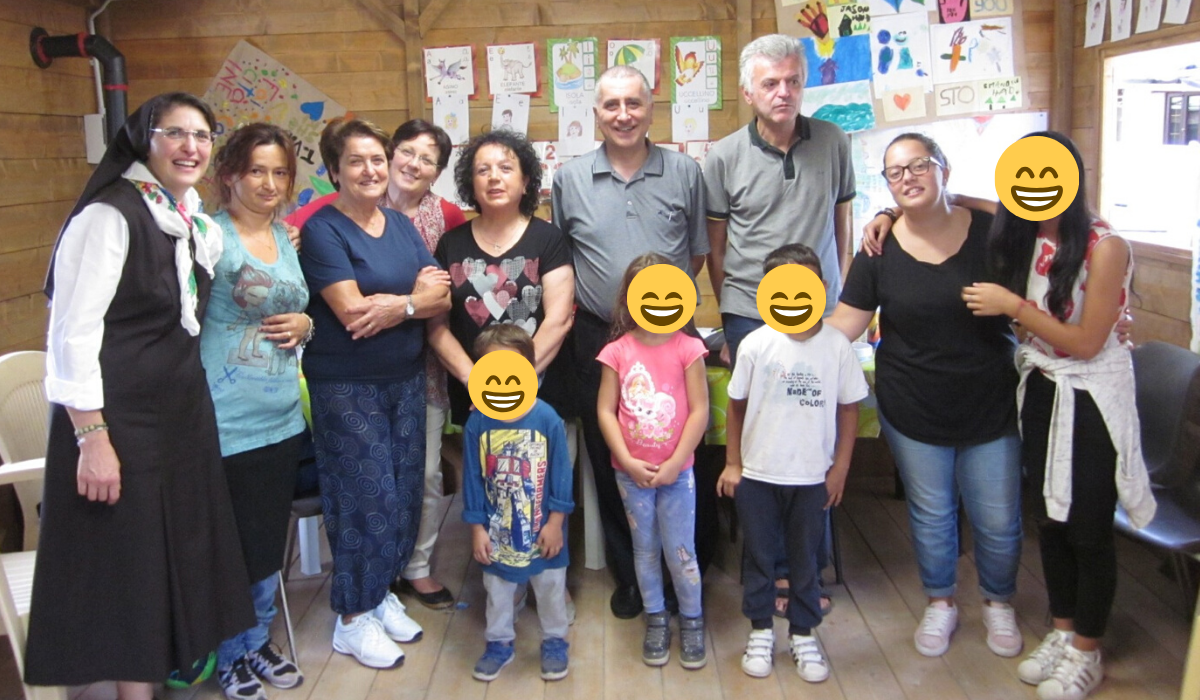
Workshop
The Comiso dialogue
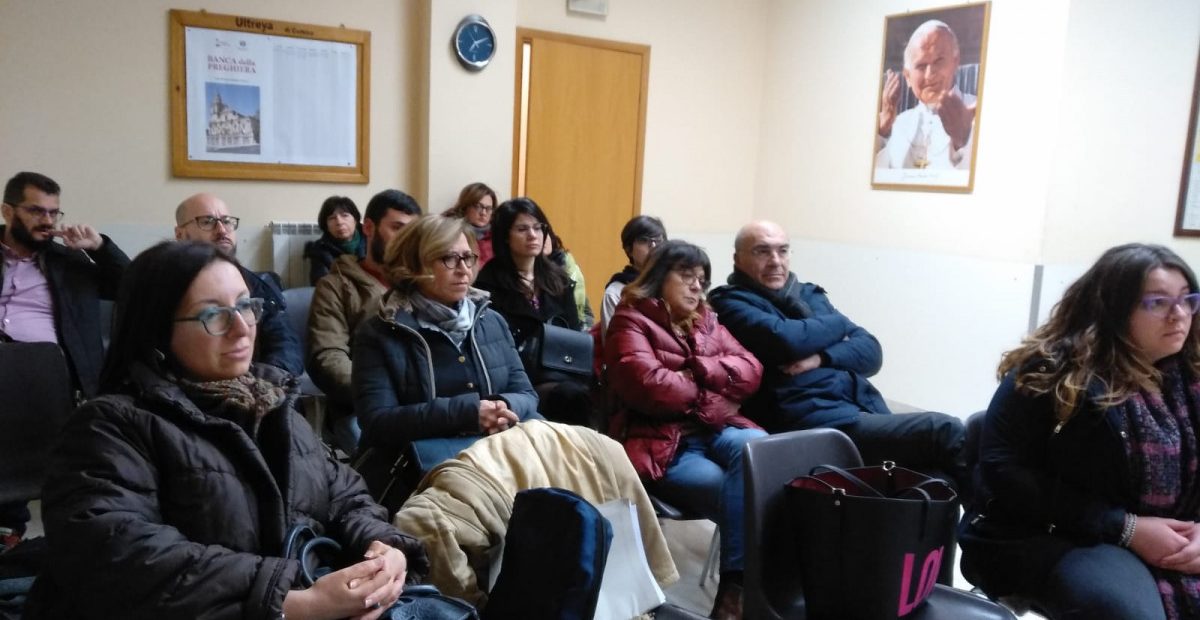
By Carmela Lo Monaco.
Engaging citizens in local politics.
Comiso is a small and graceful Italian town in the Ragusa province of South East Sicily. Among its 30,000 inhabitants, a group of friends belonging to different ecclesial movements discovered they shared a common desire to do something to improve their city.
Among many pressing issues, they identified a serious level of ‘cultural poverty’ regarding political life. Many ordinary citizens, for instance, seemed to limit their participation in politics to election time, all too often reacting on a superficial level, in an extremely polarized atmosphere, more like the chanting between fans of opposing sports teams than the expression of a normal democratic process. Arguments and debate often concentrate more on mutually-exclusive political groupings than on tackling the real questions of the day.
Everything is approached in terms of conflict. And for Christians, this can create a kind of “moral schism” between their spiritual life and motivations, and their actions in the face of different political opinions. Analysis of an administration’s effectiveness can be characterized more by slogans than by a serious attempt to examine real problems, true motivations and directions taken. So many people demonstrate a distorted, limited or even completely unfounded grasp of what is happening.
This is the context in which the “Comiso in Dialogue” initiative was born. Eight friends (Sebastiano, Lucia, Enrico, Maria, Salvatore, Letizia, Francesca, Carmela) decided to tackle this cultural poverty in the political sphere. As they reflected and shared their ideas, a project gradually took shape, something they could do for their city.
“COMISO IN DIALOGUE” – with the subheading “living and loving my city”.
The first meetings started in autumn 2018, involving various incumbents of public office (mayor, council officers, local councillors from both the ruling and opposition parties). Each session dealt with just one topic and one official at a time. The aim was to get to know the administrative and decision-making process, to scrutinize it, pose questions and open a dialogue. Sometimes an issue would be tackled at more than one meeting in order to consider it from different political perspectives.
The meetings now take place regularly, every three weeks or so. The format is simple, but the style is innovative in that all discussions should take place in an atmosphere of calm! Everyone is expected to speak the truth without fear, and to feel free to express their own ideas, questions and criticisms. All participants are asked to adhere to a common objective: to try to identify solutions which are in the best interests of the city and citizens as a whole. Each political “guest” knows they will find an atmosphere of respectful dialogue while at the same time facing people who are seriously focussed on seeking what is best for the town, without fear or prejudice, and looking for concrete solutions. What comes out of these meetings may be objections, alternative proposals, constructive criticisms, all aimed at the good of the city and its citizens.
Since starting in November 2018, there have been 11 meetings, with the twelfth scheduled to take place before the end of 2019, and more planned for 2020. The experience so far is dynamic. No two meetings have been the same! Some have involved more study and research, others more questions and dialogue. At times the political temperature has risen, even to boiling point. It’s all a “calculated risk”. As has been said before: politics is a minefield. But there cannot be “no-go areas” for Christians, areas where the laws of the Gospel and the duty of mutual love do not apply. «We want to live love even in the political arena,” explain the group of eight. “Because we love our city, we also want to form ourselves to be all-round citizens».
St Pope Paul VI said that politics is “the highest form of Charity” and he repeatedly called Christians to get involved in civil and political life. Christians cannot stand back and watch. To be a Christian also means being involved in civil life, in loving our own country and others.
What marks out the Comiso dialogues is the fact that they are organized not by political activists or professional politicians, but by regular citizens who want to offer, as a service to others, the chance to be responsible and active citizens together. This initiative has been described as creating a “space of dialogue” in the town, which did not exist before and which has now become an opportunity for all.
